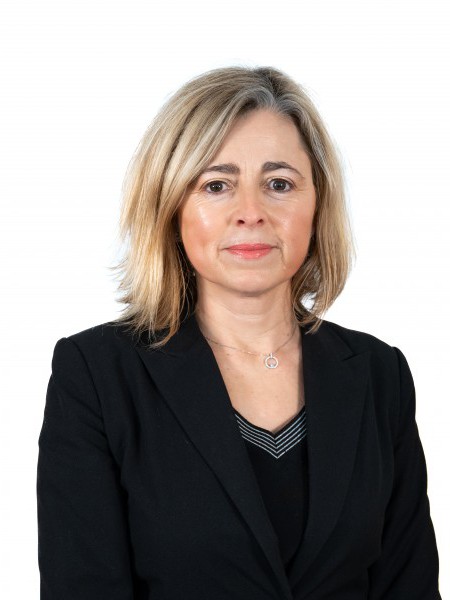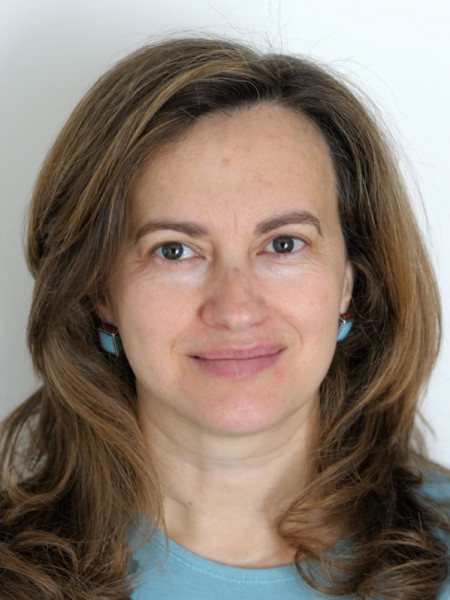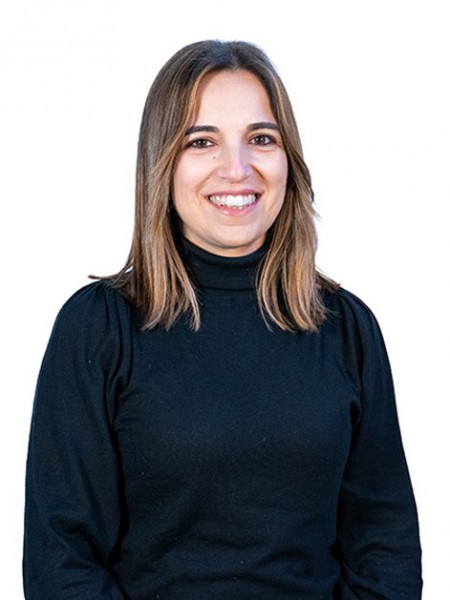resumo
A large family of bifunctional 1,2,4-triazole molecular tectons (tr) has been explored for engineering molybdenum(VI) oxide hybrid solids. Specifically, tr ligands bearing auxiliary basic or acidic groups were of the type amine, pyrazole, 1H-tetrazole, and 1,2,4-triazole. The organically templated molybdenum(VI) oxide solids with the general compositions [MoO3(tr)], [Mo2O6(tr)], and [Mo2O6(tr)(H2O)(2)] were prepared under mild hydrothermal conditions or by refluxing in water. Their crystal structures consist of zigzag chains, ribbons, or helixes of alternating cis-{MoO4N2} or {MoO5N} polyhedra stapled by short [N-N]-tr bridges that for bitriazole ligands convert the motifs into 2D or 3D frameworks. The high thermal (235-350 degrees C) and chemical stability observed for the materials makes them promising for catalytic applications. The molybdenum(VI) oxide hybrids were successfully explored as versatile oxidation catalysts with tert-butyl hydroperoxide (TBHP) or aqueous H2O2 as an oxygen source, at 70 degrees C. Catalytic performances were influenced by the different acidic basic properties and steric hindrances of coordinating organic ligands as well as the structural dimensionality of the hybrid.
palavras-chave
OLEFIN EPOXIDATION; HYDROTHERMAL SYNTHESIS; CRYSTAL-STRUCTURE; CYCLOOCTENE EPOXIDATION; OPEN-FRAMEWORKS; BENZYL ALCOHOL; COORDINATION POLYMERS; SELECTIVE EPOXIDATION; MOLYBDENUM COMPLEXES; ALKENE EPOXIDATION
categoria
Chemistry
autores
Lysenko, AB; Senchyk, GA; Domasevitch, KV; Hauser, J; Fuhrmann, D; Kobalz, M; Krautscheid, H; Neves, P; Valente, AA; Goncalves, IS
nossos autores
Projectos
Use of molecular containers to modify metallocene-based catalysts (PTDC/QEQ-SUP/1906/2012)
agradecimentos
Financial support by Deutsche Forschungsgemeinschaft is gratefully acknowledged. The Portuguese (PT) group acknowledge funding by FEDER (Fundo Europeu de Desenvolvimento Regional) through COMPETE (Programa Operacional Factores de Competitividade). National PT funding through the FCT (Fundacao para a Ciencia e a Tecnologia) within Project FCOMP-01-0124-FEDER-029779 (FCT ref PTDC/QEQ-SUP/1906/2012) is thanked. This work (PT) was partly developed in the scope of the project CICECO - Aveiro Institute of Materials (FCT ref UID/CTM/50011/2013), financed by national funds through the FCT/MEC and cofinanced by FEDER under the PT2020 Partnership Agreement. The FCT and EU are acknowledged for a postdoctoral grant to P.N. (SFRH/BPD/73540/2010) cofunded by MCTES and the European Social Fund through the program POPH of QREN.




